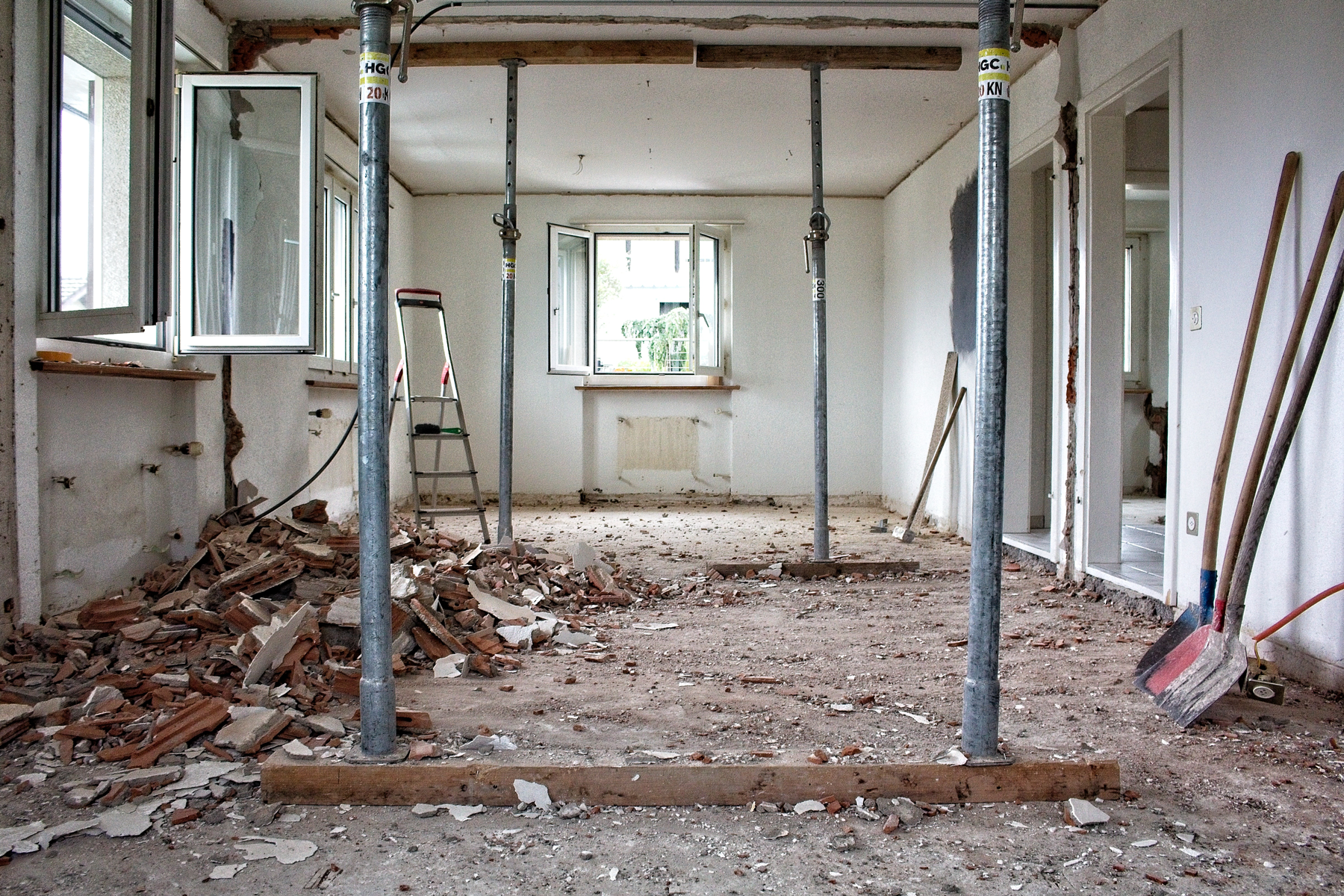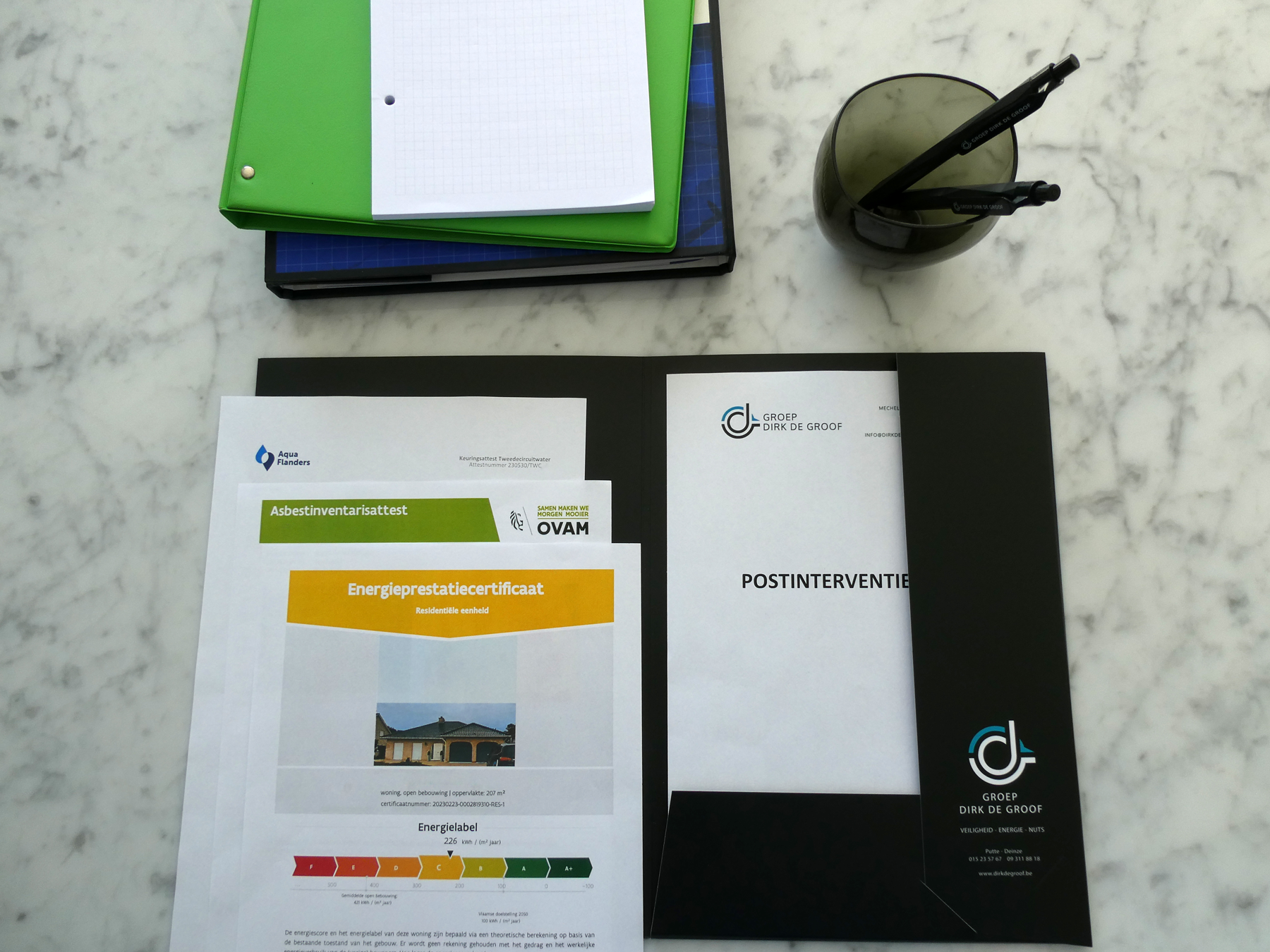Samenwerken met professionals zit in ons bloed.
Groep Dirk De Groof is een energetisch en bouwkundig studie- en adviesbureau. Wij staan particulieren, architecten, projectontwikkelaars en bouwheren bij doorheen het bouw-, verbouw-, of renovatieproces. Hoe kunnen we jou helpen?













